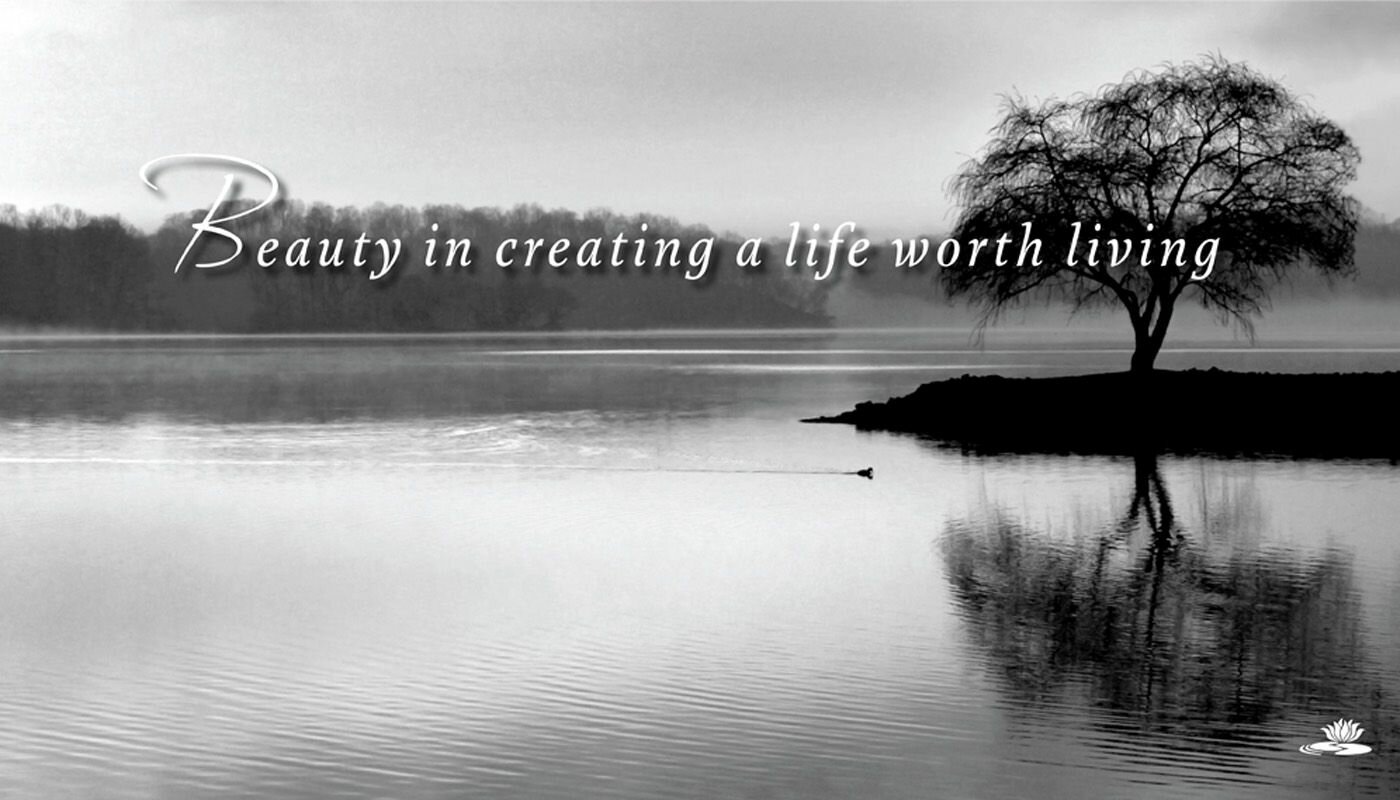
Helen Keller was one of my fascinations as a child. In fact, she was nestled alongside unexplained mysteries like UFOs, the question of life on other planets, ESP, dreams and all things metaphysical. There’s no doubt that Keller, now one of many brave American women who made an impact on the way we move through the world, was somewhat of a mystery to me.
I bought a book at our school book fair about her for a look inside the story of a deaf and blind girl, who had the misfortune of living without things I loved---like doing gymnastics, listening to The Beatles or hearing my favorite classical music in ballet class where I’d watch the teacher’s body very intently for an example of what I was supposed to look like while I danced.
Equally fascinating was Anne Sullivan for her patience and determination with someone as frustrated, confused and most importantly, challenged as Helen, an otherwise “normal” 6-year-old from Alabama.
If you don’t already know, Helen Adams Keller was born June 20, 1880 without any deformities or issues. But at about 18 months, she contracted either scarlet fever or meningitis, and had such a high fever that she went deaf and blind. It was Alexander Graham Bell, believe it or not, who keyed Helen’s parents into the Perkins Institute for the Blind in Boston, and shortly thereafter, in swooped Anne Sullivan, the miracle-in-the-flesh who would teach Helen to use sign language, and eventually to read and write in Braille.
One of Helen’s famous quotes was, “The best and most beautiful things in the world cannot be seen or even touched. They must be felt with the heart.”
It astounded me that Helen was so susceptible to learning that communication, in spite of her challenged senses, became her life’s work. With Sullivan’s continued help, Helen graduated Radcliffe College with honors in 1904. She went on to write, The Story of My Life, which was translated into more than 50 languages and is still in print, as well as four more books, including Sullivan’s biography.
In 1918, she went to Hollywood to make a silent movie about her life called, “Deliverance,” to further educate people about what it means to be blind and deaf. She and Sullivan both appeared in the movie and used vaudeville stages for the same purpose---to educate.
Keller was on the path of a political activist. In 1920, she helped found the American Civil Liberties Union (ACLU), and began speaking in support of women’s rights and other liberal issues. Needless to say, when she spoke, people listened with great interest.
Later in life, Keller became an advisor for the American Foundation for the Blind (AFB), and with her warm and welcoming personal skills she raised hefty contributions from the likes of John D. Rockefeller and Henry Ford. The AFB named their new overseas branch Helen Keller International.
The movie “The Miracle Worker,” derived from the Pulitzer Prize-winning play in 1959 by William Gibson, came out in 1962. I wasn’t aware of it until years later, but I recall the swell of anticipation I felt when I finally got to see for myself how Anne and Helen first interacted, which happened to be March of 1887.
From my perspective, there were several miracles in the works in Keller’s life. Her behavior as a child was difficult for her entire family to endure. It’s a miracle they didn’t send her away to an 1880’s mental health facility, where back then she might have been sedated to put an inappropriate end to her rather wild frustration with her inability to communicate. Keller, as we now know, was born to communicate. Perhaps her inability to do so in the early stages of her life made it that much more of a quest and that much sweeter when she could do so more freely.
Another of her famous quotes, which speaks to that sentiment, is: “Character cannot be developed in ease and quiet. Only through experience of trial and suffering can the soul be strengthened, vision cleared, ambition inspired, and success achieved.”
























































